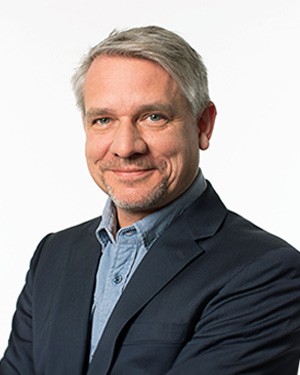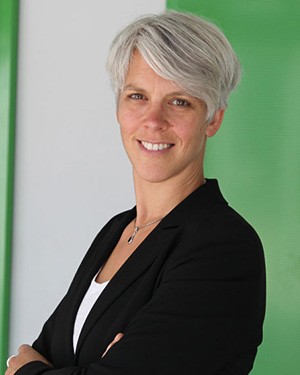In German, the term “Circular Economy” is often used synonymously with “Kreislaufwirtschaft” or translated accordingly. However, the circular economy usually only covers waste disposal and recycling. The circular economy approach goes beyond this and pursues a holistic, circular economy. The guiding principle is to keep raw materials in the economic cycle for as long as possible, largely free of waste and emissions. To achieve this, used products and materials must be kept at the highest possible level of value creation after their original use. The return and processing of materials is a core task of logistics.
In a circular economy, the relationships between producers and suppliers in (global) value creation networks no longer focus primarily on the production processes and the end product, but are planned from the perspective of circularity. One of the biggest hurdles for the circular economy is therefore the organization of cooperation between all stakeholders across different stages of the value chain. A common understanding of the partners' processes is therefore the basis for successful collaboration.
In addition to approaches for recycling-friendly product design and new business models, adapted logistics concepts for coordinating material and information flows are on the research agenda for implementing a circular economy. Individual research projects are dedicated to specific areas of application or use, such as sustainable plastic value chains or ecological IoT-based concepts for ports.
 Fraunhofer Institute for Material Flow and Logistics IML
Fraunhofer Institute for Material Flow and Logistics IML




